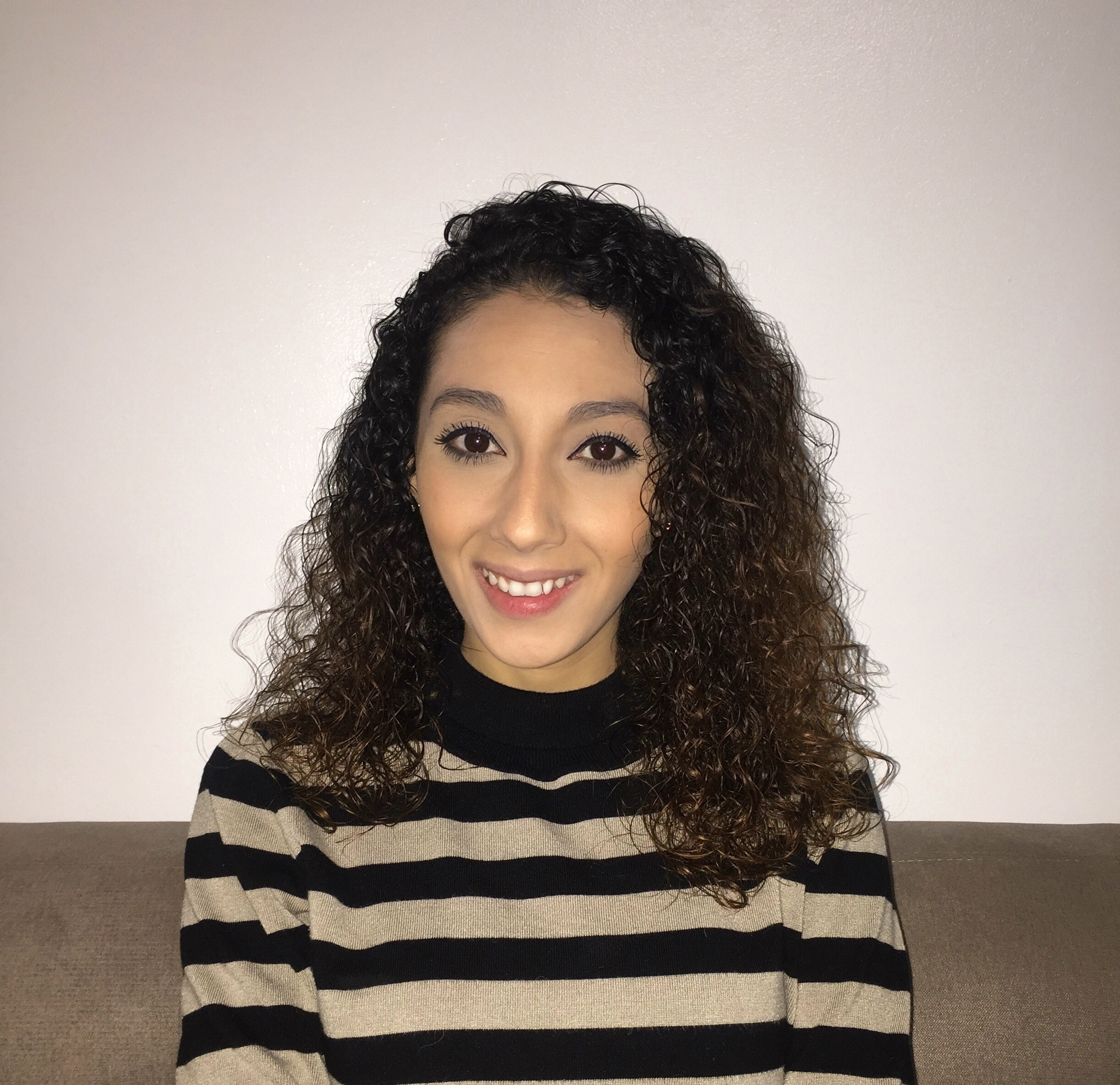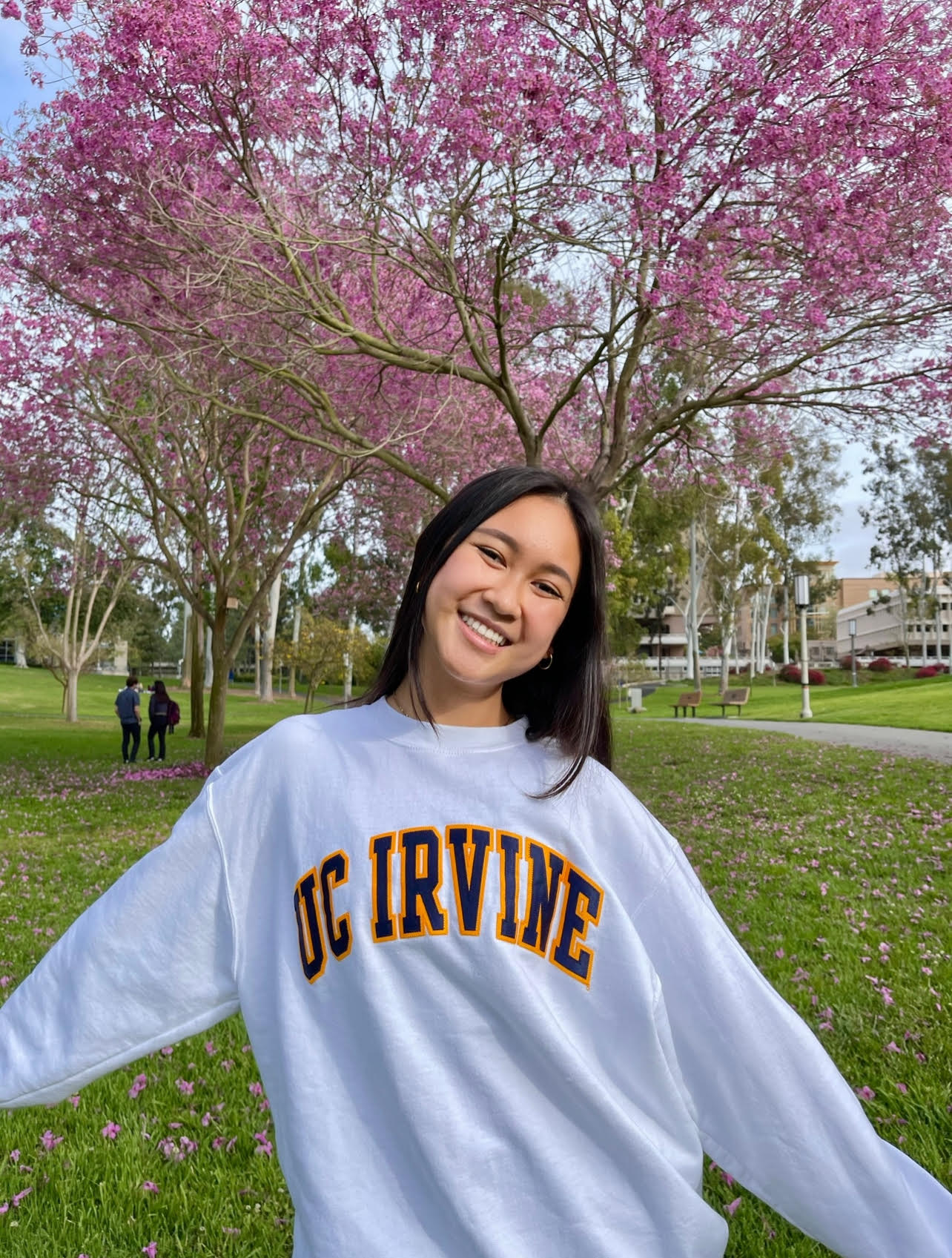Dequina Nicholas

What inspired you to pursue a career in the biological sciences?
Honestly I didn’t know much about a career in the Biological Sciences when I was in high school. I was very interested in forensic science and I used to watch CSI, Bones, and NCIS. I even did a vocation paper on forensic science for my senior project. Because I wanted to do forensic science, I enrolled in undergrad as a chemistry major with an emphasis on biochemistry. As part of my honors program I did some research in a chemistry lab but had no idea that research could be a career. Eventually when I started Graduate School I was introduced to life sciences during my rotations even though I had entered a program for biochemistry. I really enjoyed the ability to work on problems related to human health and I had already committed when I went to Graduate School that I was interested in researching type 2 diabetes. So after starting Graduate School and really getting my feet wet in biological research there’s was no turning back for me. I was sold on biological sciences.
Why did you choose BioSci?
I chose Dunlop School because of their values and the fact that the administration and the faculty genuinely care about the well-being of the students. Even though no place is perfect I saw that both faculty and those in positions of power were willing to listen and to actively work on making material, research, and opportunities more accessible to the students on this campus. I also found that the majority of faculty actually loved teaching and were very invested in the success of their trainees. In the school of biological science, I really felt that my voice would be heard and I would have the ability to make positive change on this campus.
Tell us about your research.
My research program studies chronic inflammation in type 2 diabetes and polycystic ovary syndrome. Overall we know that inflammation is associated with these diseases but we don’t really understand where the inflammation comes from and how it impacts disease. Ultimately my hope is that we can discover the source of inflammation and target that inflammation to treat disease. The students in my lab all work on individual projects that address questions supporting this major goal of our laboratory.
What accomplishments are you most proud of?
I am most proud of the fact that I have stayed true to myself and true to my values while transitioning to a faculty position and setting up my own lab. My laboratory is incredibly diverse and filled with students who can be their authentic selves while also doing science. My hope is that these students, who are brilliant, and caring, and just so much to be around, move into their science careers teaching others that people are our most important investments. Establishing this environment where students mutually support each other and are happy is honestly the thing that I am most proud of.
Can you speak to the importance of diversity and representation in the biological sciences?
I personally believe that diversity and representation in the biological sciences is extremely important. When I was going through my career path and developing as a scientist it was unclear to me that a woman or minority could be a top scientist. It’s hard when you don’t see yourself reflected in the positions that you want to hold yourself. I never doubted that I had the intelligence or the capabilities or the resilience to accomplish my goals. What I did doubt was whether or not I was wanted or belonged in spaces where I didn’t see people like myself. I think it can be very empowering for students to see that scientists can come from diverse backgrounds, from many different ethnicities, many different countries and come together to solve complex problems by using different perspectives. It is actually part of the reason that I chose to be in Biological Sciences. I wanted to be able to teach undergraduates and show them that scientists from diverse backgrounds do exist and that they have made major contributions to our current understanding of the Biological Sciences.
What advice would you give to young black students interested in pursuing a career in the sciences?
I would tell students if you want to do science do it. Don’t let anybody tell you that you can’t. Don’t compare yourself to others around you. Instead figure out what your goal is. Find the people who are going to mentor you and support you. At the end of the day, science isn’t something that we do on our own. It is going to take community. Know that you are capable. Know that you are smart and if someone has an issue with you, that’s a them problem, not you.
Can you speak to any initiatives or programs that have been helpful to you as a scientist?
I have literally done every program you can think of. In Graduate School I was a part of the initiative for Maximizing Student Development (IMSD). I also did the Bridges Program. As a postdoc I was part of two training grants. I also joined the President’s Postdoctoral Fellowship Program (PPFP) and lastly I did the Institutional Research and Career Development Award (IRACDA) Program at UC San Diego. These organized programs really helped me understand how to navigate a career in science and I would really encourage students who are minority, first generation, or under resourced to apply for a program that can help you navigate higher education in the sciences. If you don’t know of any programs ,ask around, Google, find something. These programs really do equip you with what you need in order to be competitive.
Can you tell us about a role model or mentor who has been influential in your career as a scientist?
I’ve had so many role models and mentors in my life I do want to shout out two of my postdoc mentors Dr. Barbara Nikolajczyk and Dr. Mark Lawson. These two mentors really helped me come into my own. They helped me to grow not just scientifically but as a person. Under their mentorship and guidance, I became very confident in what I have to offer and I now know my value. I learned that it is important to take care of myself and to look at problems in a holistic manner and to see people before I just see the science. At the end of the day, they made it very clear that I can lean into the qualities that make me a great leader and that is my empathy. My empathy is not a weakness. My empathy is a way to ensure that we give back to those behind us in order to show gratitude for those who paved the way for us.
What is your favorite hobby or activity outside of work?
Outside of work I spend a lot of time baking recently. In my lab I bake for all birthdays. Basically you give me a request the week before and I will try to make it . It’s been fun trying to create and change recipes based off of my students’ requests. Other than that I spend a lot of time hanging out with my 3 year old. We both love to sing and dance so it can be a lot of fun making up songs and then also just having dance parties at home.




